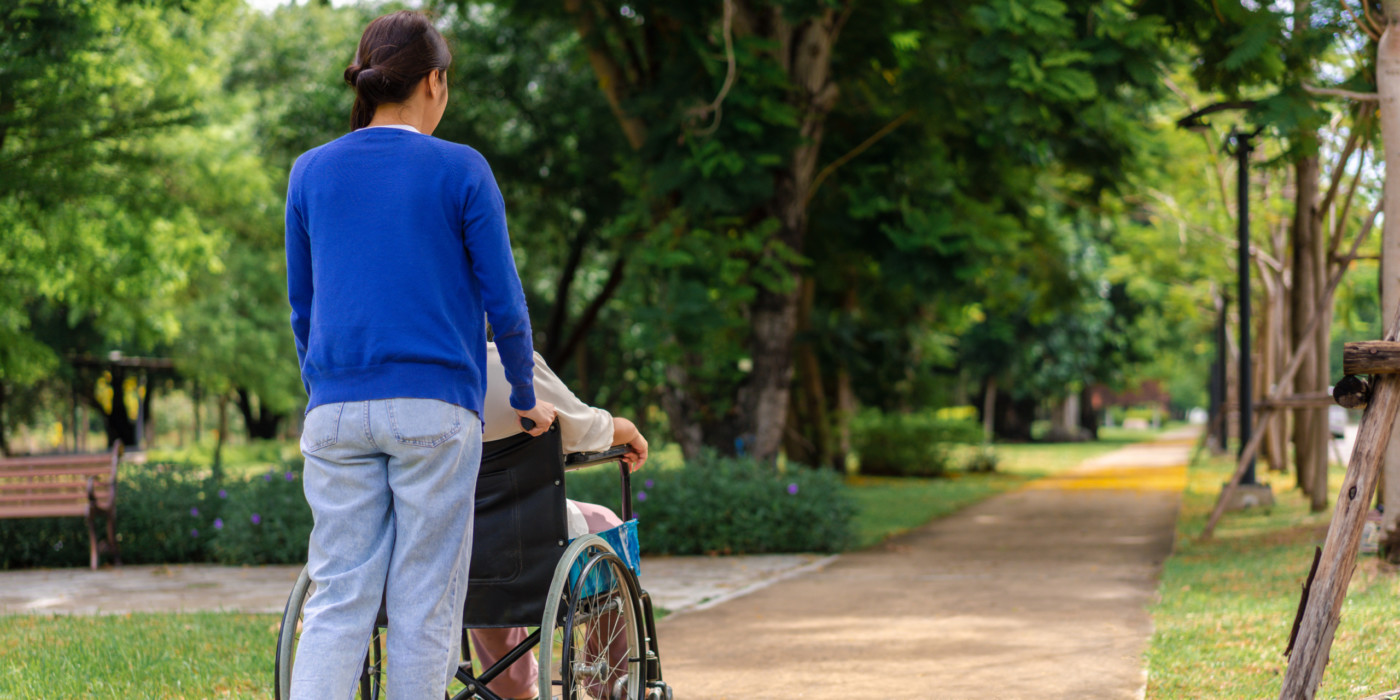Working with the elderly and how to make your day together successful:
Safe transfers
We want to openly share with the family members of the elderly some ideas about the ways you can make your day successful. This time, in our section: Working with the elderly, we discuss safe transfers from bed to wheelchair.
Transferring an elderly person from a bed to a wheelchair can be a challenging task requiring careful safety attention. Here are some steps that can help ensure a safe transfer:
- Assess the elderly person’s mobility: Before attempting the transfer, it is important to assess the elderly person’s mobility and determine if they need any assistance or mobility aids, such as a transfer belt or a sliding board.
- Clear the area: Clear the area around the bed and wheelchair to ensure enough space for the transfer.
- Position the wheelchair: Position the wheelchair next to the bed, with the footrests removed, and lock the brakes.
- Lower the bed: If possible, lower the bed to its lowest position to minimize the distance between the bed and the wheelchair.
- Assist the elderly person in sitting up: Help the elderly person to sit up at the edge of the bed with their feet flat on the ground.
- Use a transfer belt: If necessary, use a transfer belt around the elderly person’s waist to assist with the transfer.
- Pivot the elderly person: Have the elderly person pivot to face the wheelchair, and then assist them to stand up, using the transfer belt if necessary.
- Assist the elderly person into the wheelchair: Guide the elderly person to sit down in the wheelchair, ensuring that their feet are on the footrests and that they are seated comfortably.
- Secure the wheelchair: Fasten any safety belts or restraints to secure the elderly person in the wheelchair.
- Check for comfort: Check that the elderly person is comfortable and has access to any necessary items, such as a cushion or a blanket.
Remember, always prioritize the safety and comfort of the elderly person during transfers. If you are unsure of how to transfer someone safely or if the elderly person requires more assistance, it is best to consult with a healthcare professional.

Jussi Peltonen
Chair of the board
Hovi Care

